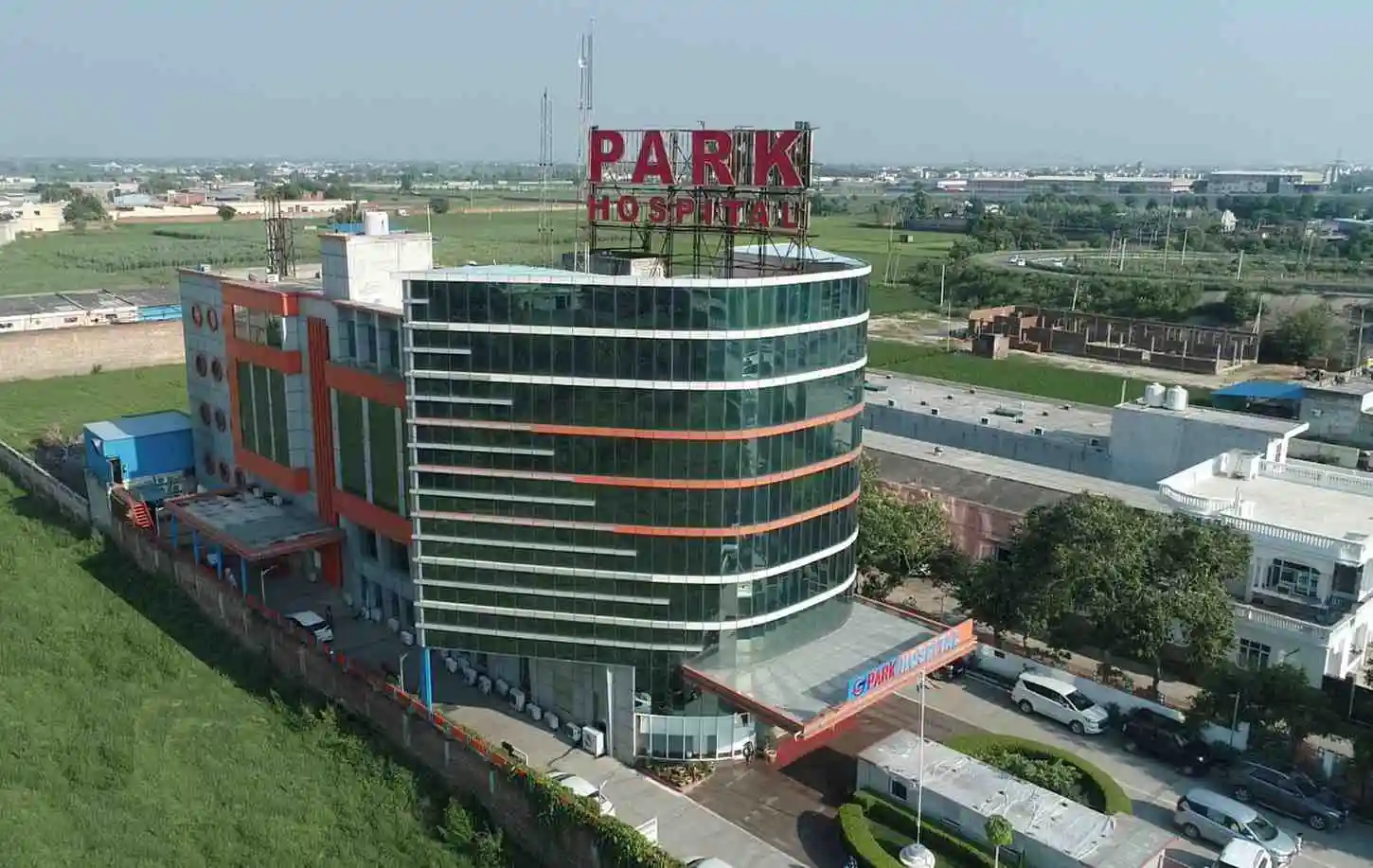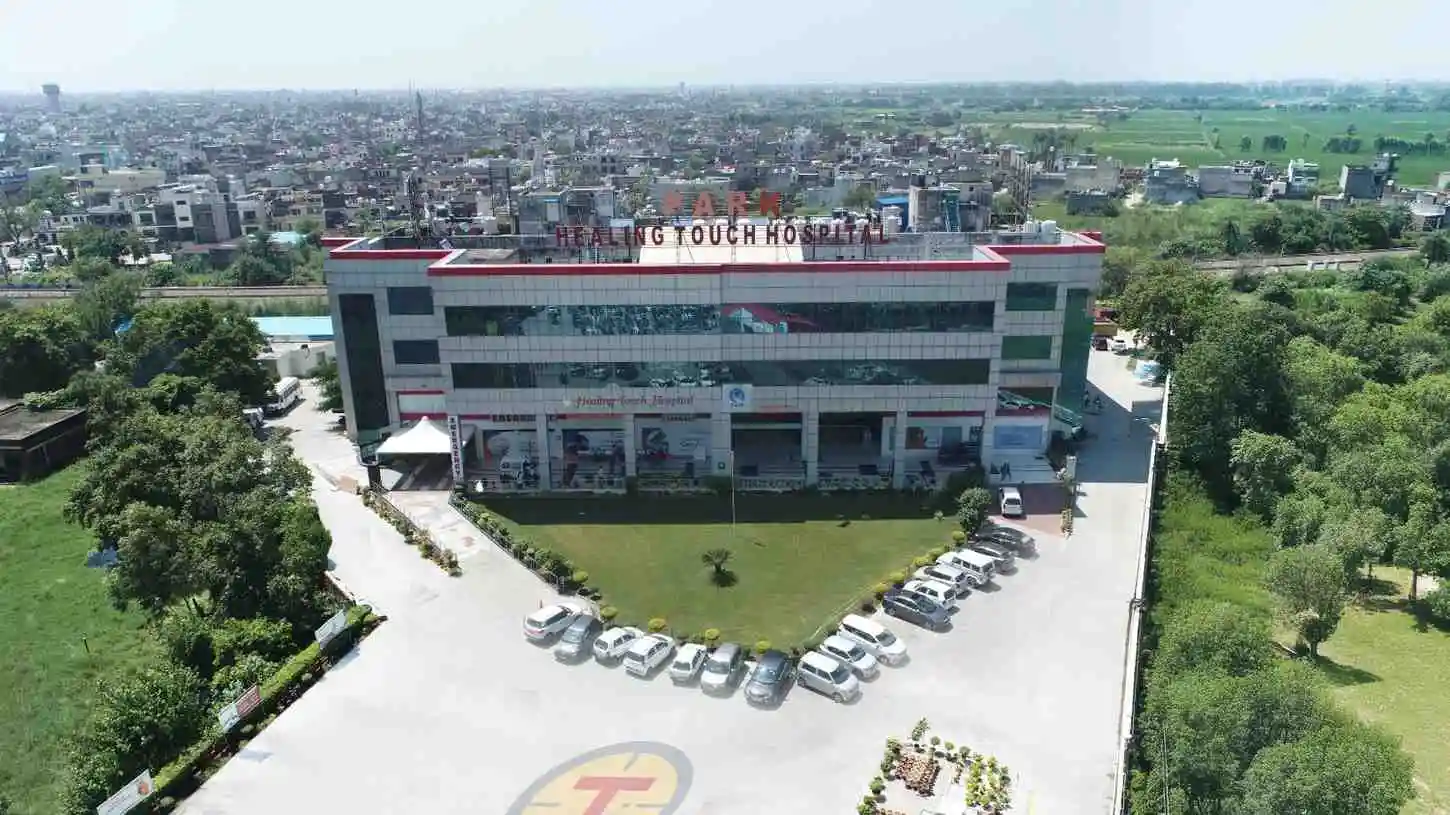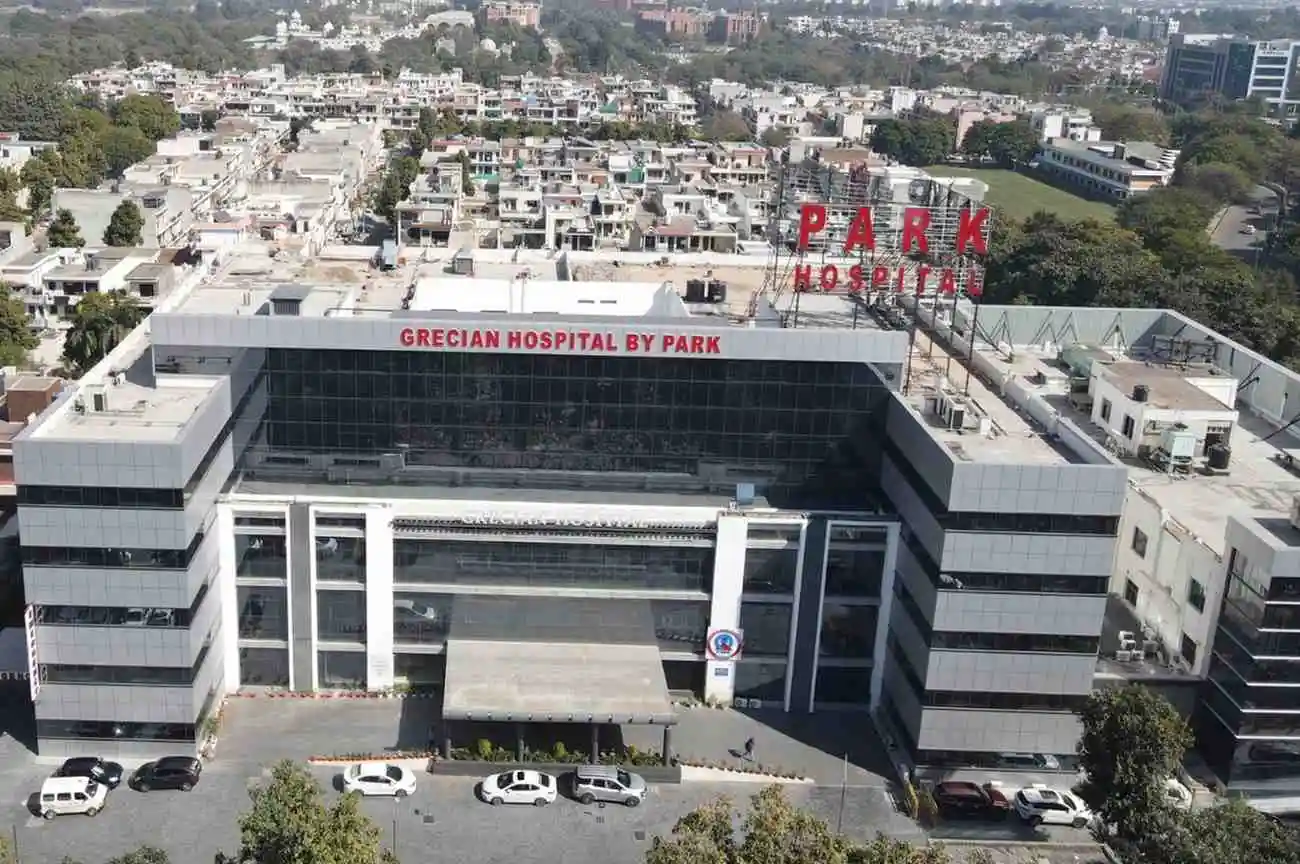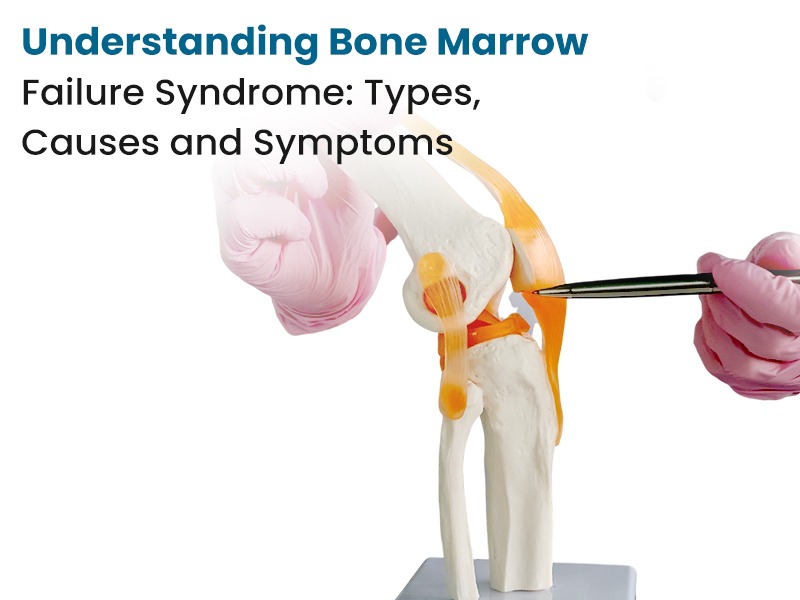Interventional Radiology & Imaging
At Park Group of Hospitals, we have the most advanced equipment and a team of expert Radiologists who ensure accurate diagnosis and treatment of conditions with minimal invasion.
This department consists of experts who are trained in the science of Interventional Radiology, to offer the latest, most advanced interventional procedures.
Best Interventional Radiologist in India
Interventional radiology (IR) is a medical specialty that uses image-guided procedures to diagnose and treat conditions. IR procedures are less invasive than traditional surgery, and often have shorter recovery times.
IR procedures are performed using imaging guidance, such as X-rays, CT scans, or MRIs. This allows the physician to see inside the body and guide the procedure without making a large incision. IR can be used to treat a wide variety of conditions, including cancer, vascular and neurovascular problems and many gastrointestinal disorders. Some common IR procedures include angiography (imaging of blood vessels), biopsies (removal of tissue samples), and ablation (destruction of tissue). IR can also be used for pain management and treatment of varicose veins. Neuro intervention can be used to manage acute strokes, aneurysm and AVM’s.
If you have a condition that may require treatment with interventional radiology, our Interventional Radiology, imaging radiology Hospital will provide the right care. At Park Hospital, our specialist will review your medical history and imaging studies to determine if IR is right for you.
Who is an Interventional Radiologist?
An interventional radiologist is a physician who uses image-guided procedures to diagnose and treat diseases in the human body. Interventional radiology is a subspecialty of radiology, which is the medical specialty that uses imaging technologies to diagnose and treat disease.
Interventional radiologists use a variety of imaging technologies, including X-rays, computed tomography (CT), magnetic resonance imaging (MRI), ultrasound and Cath Lab DSA. They also use fluoroscopy, which is a type of X-ray that produces real-time images of the internal structures of the body. In addition to using these imaging technologies to diagnose disease, interventional radiologists also use them to guide minimally invasive procedures.
Minimally invasive procedures are those that are less invasive than traditional surgery and often have fewer risks and side effects. Many of these procedures can be performed on an outpatient basis, which means that patients can go home the same day as their procedure. Interventional radiologists use a variety of minimally invasive techniques, including angioplasty, stenting, thrombolysis, embolization, and biopsies.
Advantages of Interventional Radiologist
Interventional radiology (IR) is a medical specialty that uses minimally-invasive image-guided procedures to diagnose and treat diseases in nearly every organ system. IR specialists are trained in both imaging and interventional techniques, making them uniquely qualified to offer the most comprehensive care possible.
The advantages of having an interventional radiologist on your team are numerous. Here are just a few:
1. IR specialists are experts in both imaging and interventional procedures. This means they can often provide a more accurate diagnosis than other physicians who only specialize in one area or the other.
2. IR procedures are often less invasive than traditional surgery, which leads to quicker recoveries and fewer complications.
3. IR specialists use the latest technology and techniques, which mean you'll have access to the most cutting-edge care possible.
4. Because IR procedures are minimally-invasive, they often have lower risks than traditional surgery.
5. Interventional radiologists work closely with other members of your healthcare team, which ensures you're getting the best possible care from a multidisciplinary team of experts.
Types & Procedure of interventional radiology
There are many different types of Interventional Radiology & Imaging procedures, each with its own specific purpose. The most common type of interventional radiology procedure is angiography, which is used to visualize the blood vessels. Other types of interventional radiology procedures include biopsies, drainages, and embolizations.
The procedure for each type of interventional radiology procedure is unique, but all procedures follow a similar general process. First, the patient is placed under anesthesia and then a small incision is made in the skin. A catheter is then inserted through the incision and into the area being treated. Once the catheter is in place, contrast dye is injected and X-ray images are taken. After the procedure is complete, the incision is closed and the patient is taken to recovery.
Benefits of Interventional Radiology
There are many benefits of interventional radiology (IR) imaging. This minimally invasive medical specialty has revolutionized the way that doctors can diagnose and treat a wide variety of conditions.
IR procedures are typically performed using small needles or catheters, which minimize the risk of complications and allow patients to recover more quickly than with traditional surgery. Additionally, IR procedures can be done on an outpatient basis, which further reduces the cost and inconvenience of treatment.
IR imaging provides doctors with real-time images of the inside of the body, which means they can see exactly what is going on and make precise decisions about how to treat a condition. This is especially beneficial for treating complex conditions that require delicate procedures.
IR imaging is a safe, effective, and convenient option for treating a wide range of medical conditions.
Conditions and Treatments of interventional radiology imaging
Interventional radiology can be used to treat a wide range of conditions, including cancer, cardiovascular disease, and gastrointestinal disorders. Interventional radiologists work closely with other specialists, such as surgeons and oncologists, to develop the best treatment plan for each patient.
If you have been diagnosed with a condition that may require interventional radiology, doctors at Park Hospital will discuss the risks and benefits of this type of treatment with you. Together, you will decide if interventional radiology is the right choice for you.


























